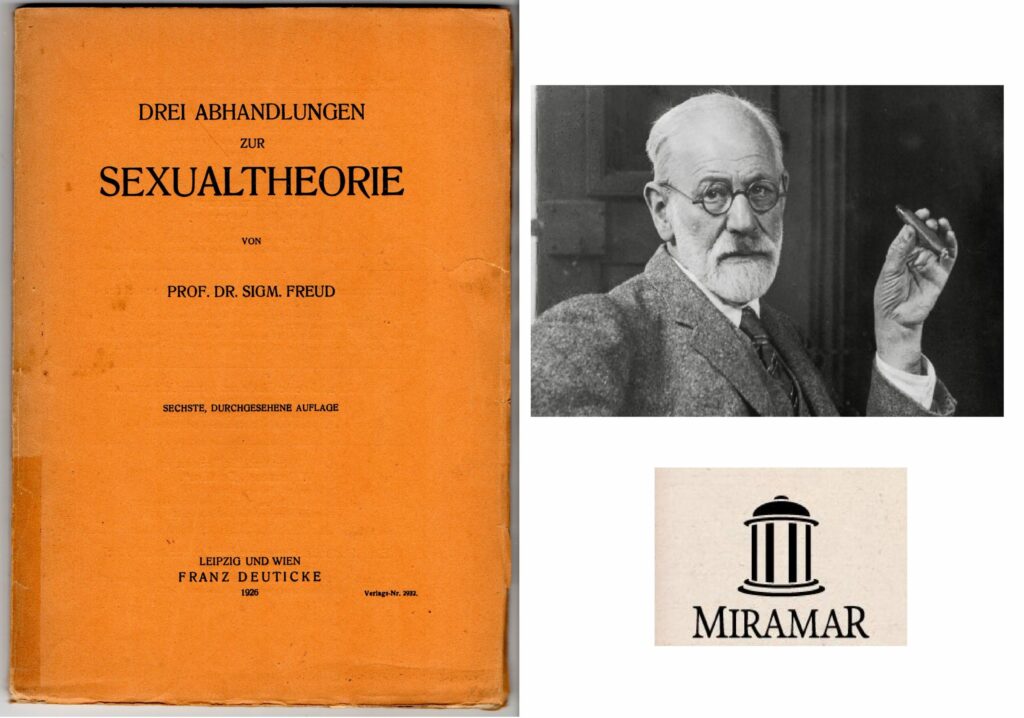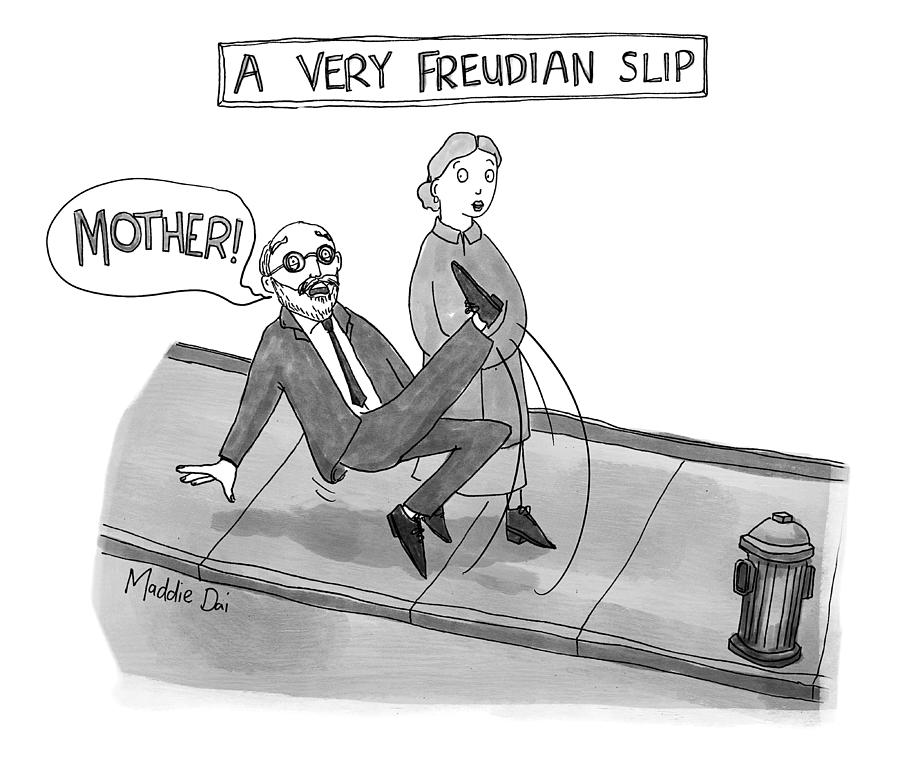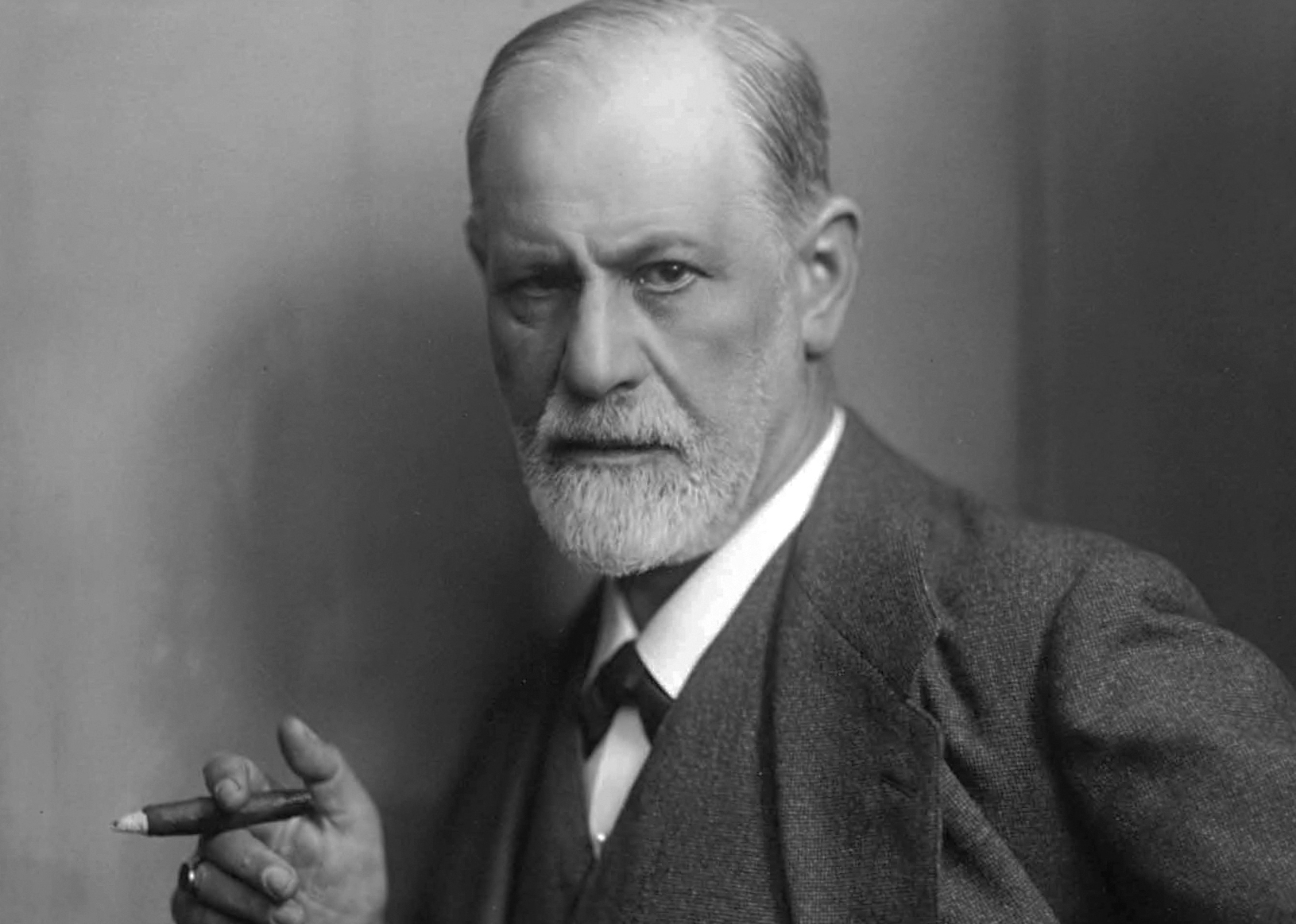By Timoleon Palaiologos,
While most people, myself included, have little to no connections with psychology as an academic field, a great majority has at least once heard the name “Sigmund Freud”. Sigmund Freud is considered to be one of and most important researchers in the field of psychoanalysis and psychology in general and, even though many of his theories have somewhat been “debunked”, he is still is one of the very few to enjoy the collective acceptance of his field. But who was Freud?
Origins
Freud was born on the 6th of May 1856, in the city of Freiberg, Moravia, at the time part of the Austrian Empire. His father, Jacob Freud, was a Jewish wool merchant that had been married before marrying Sigmund’s mother, Amalie Nathanson. At the young age of three, Freud’s parents moved to Leipzig, and the next year to Vienna pursuing a better and more viable economic future. In spite of Freud’s despise of Vienna, it is believed that his social and cultural interactions within the city contributed greatly to the development of his psychoanalytic theories. His most important research is most likely his work on the unconscious mind, e.g. processes in the mind which are carried out automatically (such as thoughts and emotions) and are not subject to conscious intervention by the person involved.
Furthermore, during psychoanalytic sessions with his patients, Freud had reached the conclusion that several of them had been involved in early sexual encounters, of a seductive nature, as the numeral of his patients had reported recalling these “occasions” as memories. However, as Freud himself admitted to his colleague Wilhelm Fliess later, these “recollections” are not actual memories but rather oppressed infantile desires and fantasies that come out as primitive wishes of the individual. Freud named this altering memory scenario screen memory.

Freudian Slips
Freudian slips are the mistakes that the speaker makes subconsciously and with no control over the slip whatsoever. For instance, let us say during a verbal conversation, mistakes such as mispronunciation of words (mostly with words of sexual nature) could be an everyday phenomenon and, if your daily verbal interactions are part of your job, it is almost guaranteed that such a mistake would happen.
Moreover, the theory suggests not only that there are mispronunciations of words as a result of a deeper subconscious urge, but that there is a possibility of altogether forgetting information if connected with an event that our brain, at least subconsciously, tries to manipulate for the well-being of the individual. So, where is the psychoanalytic approach to such mistakes, and why does Freud believe they are not random? A simple example can be used to explain his theory.
Let us say that a kid named George had a German shepherd pet dog when he was younger. His dog became aggressive and bit George and so the family had to put him down.
Now fast forward to adult George that has no memory of the aforementioned event and has just met his new colleague, Thomas Shepherd. Even though George is generally good with names, he just cannot remember his co-worker’s last name, no matter how many times he has heard it.
The theory suggests that, because of the trauma caused by George’s previous experience with the name “shepherd”, his brain will, subconsciously, object to the term being used and avoid irritating the buried memory.

So, the slips are more than just verbal mistakes or temporary “amnesia”. They supposedly highlight a hidden desire, a terribly embarrassing yearning that cannot escape under reasonable circumstances but will “pop-out” on its own unexpectedly.
The concept of the Freudian slips, as fascinating as it might seem, just as the rest of Freud’s work, has been deemed controversial by modern psychologists. His work has been heavily criticized and, even though he is the father of psychoanalysis, he is now considered obsolete in his field. In any case, that does not mean that his contribution to the evolution of psychology can be undermined, and that is the main reason why Freud is still read and mentioned in our days.
At this point, I would like to highlight that all of the above mentioned are but a personal interpretation of Freud’s work.
References
- What Freudian slips really reveal about your mind – BBC Future. Available here
- Sigmund Freud – Psychoanalytic theory | Britannica. Available here
- What is the Unconscious? | Freud Museum London. Available here
- Freudian Slip: Meaning, Examples, Other Explanations (healthline.com). Available here
- What’s Really Happening When You Have a Freudian Slip (verywellmind.com). Available here




